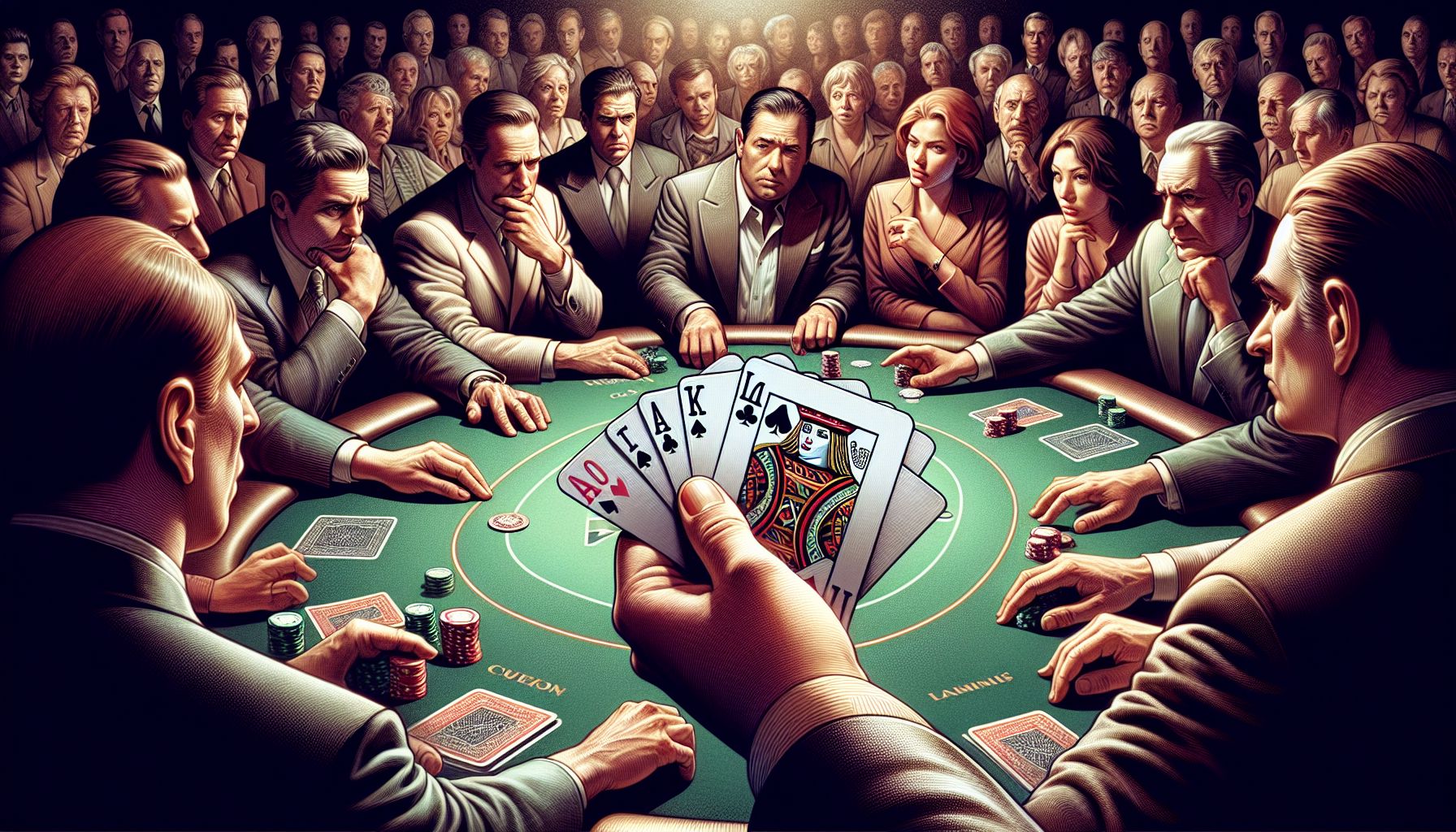Casino poker embodies a world of high stakes and even higher rewards, drawing players from all walks of life into its intense, strategy-driven realm. The allure of the game lies not only in the potential monetary gain but also in the intellectual and emotional challenge it offers. This article delves into the thrilling aspects of casino poker, exploring why it captivates players and how the high stakes environment influences strategies and player psychology.
The Lure of High Stakes Poker
High stakes poker is not merely a game; it’s a battle of wits, psychology, and skill. The term “high stakes” involves substantial amounts of money and, consequently, higher risks and rewards. This environment attracts a particular type of player—those who are not only skilled but also comfortable with significant risk and the potential for substantial loss or gain. For many, the appeal of high stakes poker lies in this very risk, the adrenaline rush of making big moves, and the satisfaction of succeeding against tough competitors.
Understanding the Rewards
The rewards in high stakes poker are not limited to the financial. While the monetary benefits can be substantial, the psychological and social payoffs are equally significant. Winning at high stakes poker can elevate a player’s status within the poker community, leading to sponsorships, entry into more exclusive games, and recognition as a top player. Additionally, the intellectual satisfaction derived from outsmarting opponents at this level can be a significant reward in itself.
Strategic Play in High Stakes Environments
Playing poker at high stakes requires more than a deep understanding of the rules and basic strategy. It demands an advanced skill set, including a robust mental game, the ability to read opponents, and impeccable money management. Here’s how high stakes influence strategic play:
- Advanced Game Theory: At high stakes, the application of game theory optimals (GTO) becomes crucial. Players must not only play their cards well but must also anticipate and counteract their opponents’ strategies, thinking several moves ahead.
- Psychological Warfare: Psychological tactics are pivotal in high stakes poker. Players must maintain their composure, manage stress, and project confidence, often using psychological tricks to induce errors in their opponents’ gameplay.
- Bankroll Management: Effective bankroll management is even more critical at high stakes. Players must ensure they have enough funds to sustain through the natural variance of the game without going broke. Managing their bankroll to handle the ups and downs of high stakes play is a skill that can make or break a poker career.
The Emotional Rollercoaster
The emotional highs and lows in high stakes poker are intense. Winning a big pot can feel exhilarating, while losing a significant amount of money can be devastating. Players must develop emotional resilience to handle these swings without letting their feelings dictate their actions. This ability to stay emotionally stable is often what separates successful high stakes players from the rest.
Social Dynamics at the Table
The social aspect of high stakes poker is also compelling. Players often develop rivalries and alliances, and the poker table can become a complex web of interpersonal dynamics. Navigating these relationships can be as crucial as playing the cards themselves, as understanding opponents’ personalities and tendencies can lead to strategic advantages.
Conclusion
The thrill of casino poker, especially at high stakes, is unmatched. It combines the excitement of potential financial gain with the intellectual challenge of strategy and the psychological depth of high-pressure decision-making. For those who thrive under pressure and enjoy complex, multifaceted challenges, high stakes poker offers a unique and rewarding experience.




